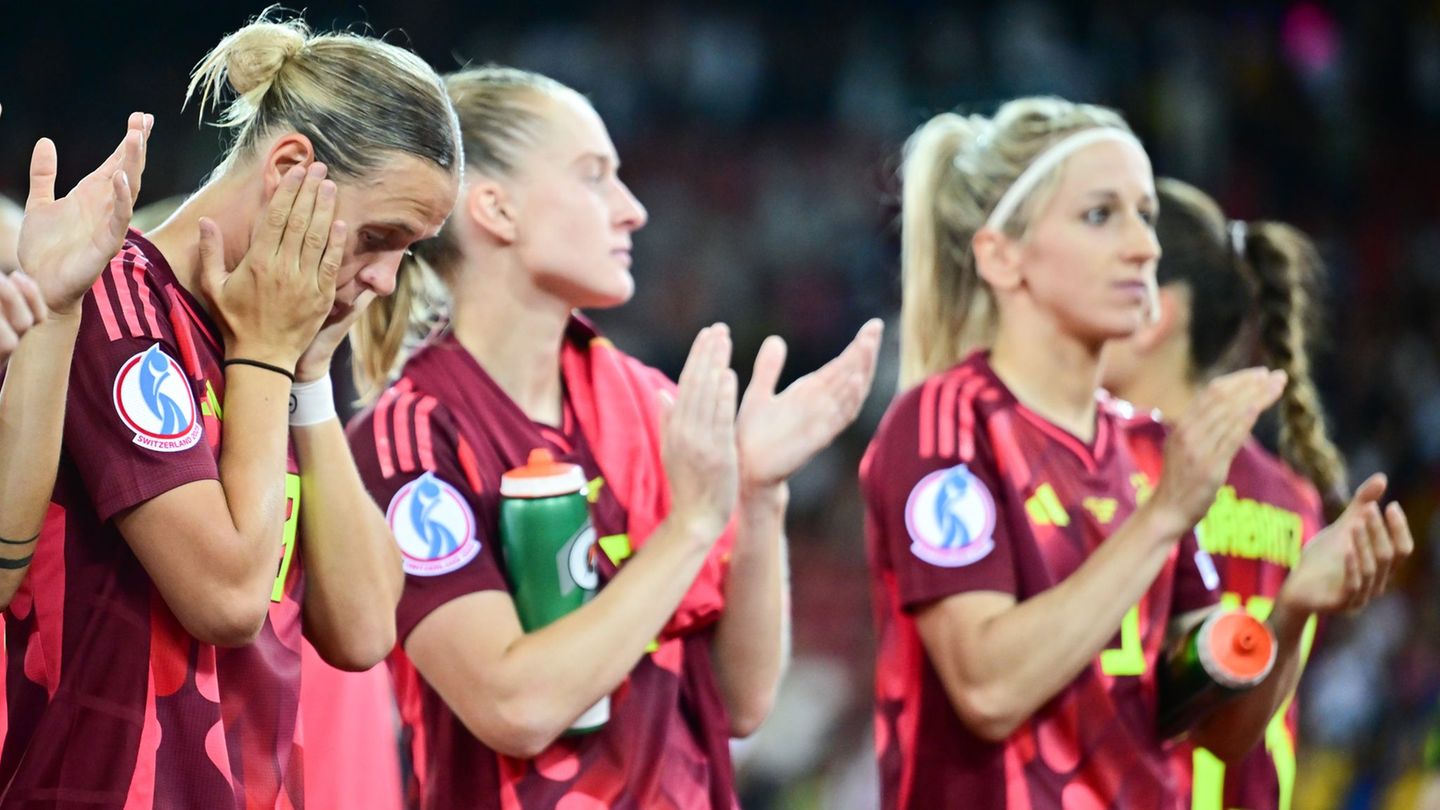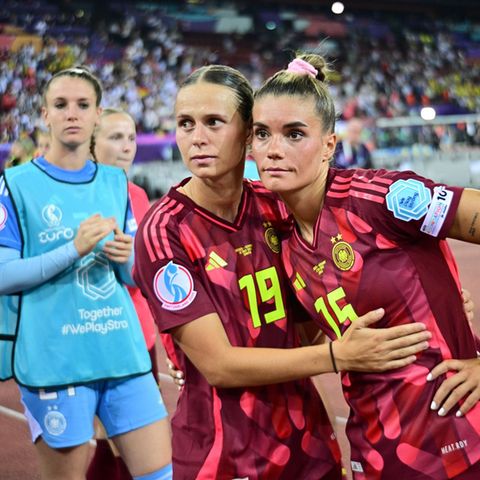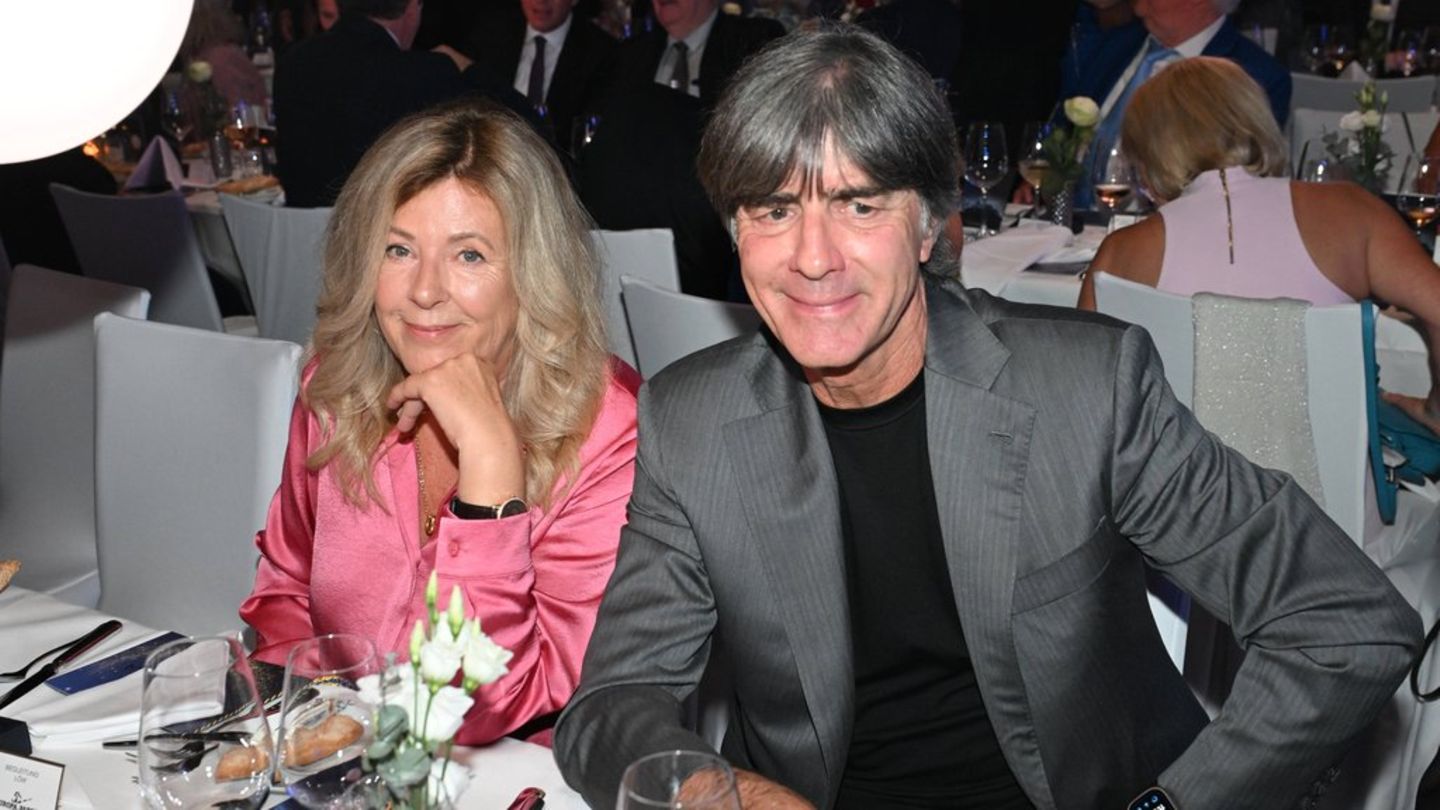The AfD has achieved a historic success in Thuringia – but there are no coalition partners in sight. Forming a government threatens to become extremely difficult.
The AfD celebrates, the red-red-green minority government collapses: In Thuringia, a stalemate is emerging after the AfD’s historic performance. According to the preliminary results, it is clear that without the party of state leader Björn Höcke or the Left Party, there will be no majority in the state parliament. An alliance of the CDU, the Sahra Wagenknecht Alliance (BSW) and the SPD, which is considered a possible option, only has half of the seats in the state parliament.
Such a coalition would therefore foreseeably also depend on the Left – which indicated in the evening that it would not rule out toleration. Thuringia’s CDU leader Mario Voigt, on the other hand, did not commit himself to whether a government led by him would be tolerated by the Left. The CDU has ruled out a coalition with the Left as well as with the AfD by resolution of the federal party conference.
The AfD came first in a state election for the first time since its founding in 2013. The AfD, which is classified as definitely right-wing extremist by the Federal Office for the Protection of the Constitution in Thuringia, has no prospects of forming a coalition, and all other parties have ruled out an alliance with it.
Prime Minister Bodo Ramelow’s Left Party slipped to fourth place with significant losses. The SPD managed to return to the state parliament, but the Greens missed out. The FDP was also thrown out of parliament.
All votes counted: heavy losses for the traffic light parties
According to the state election officer, the AfD received 32.8 percent, significantly increasing its result compared to the last state election (2019: 23.4 percent). The CDU improved to 23.6 percent (21.7). The BSW achieved 15.8 percent from scratch – leaving the Left Party, from which it split, behind. The Left Party plummeted dramatically, only achieving 13.1 percent (31.0).
The parties in Berlin’s traffic light coalition have suffered heavy losses: the SPD, at 6.1 percent, is just above the five percent hurdle (8.2) and has suffered its worst result in a state election to date. The Greens, who have also been part of the state government until now, have lost 3.2 percent (5.2), and the FDP has plummeted to just 1.1 percent (5.0).
The AfD receives 32 seats (22). The CDU has 23 seats (21), the BSW 15. The Left Party has 12 seats (29). The SPD has 6 representatives (8). This means that the CDU, BSW and SPD together have 44 seats – one less than needed for a majority.
Around 1.66 million people were called to vote. Voter turnout was 73.6 percent. In 2019, it was 64.9 percent.
Ramelow: Will support government formation
The previous red-red-green minority coalition, which was dependent on cooperation with the CDU, has no chance of being renewed. Ramelow, who has governed the Free State for ten years, believes that the task of forming a government now falls to the CDU’s top candidate Voigt. “The person in the democratic spectrum who has the most votes must start the talks, must send out invitations. I will support everyone who helps us to get a democratic majority in parliament,” said the Left Party politician on ARD.
Despite the unanimous rejection of the other parties, AfD top candidate Höcke announced that he would invite people to talks about possible coalitions. The 52-year-old himself missed out on a direct mandate in his constituency of Greiz II, but is in parliament via the state list.
BSW could be decisive
The BSW could play an important role in light of the emerging circumstances. Federal party leader Wagenknecht, who was not running for election herself, had expressed her intention to take part in possible coalition negotiations. She hoped that the BSW could form a good government in Thuringia together with the CDU and, based on current figures, also with the SPD, Wagenknecht said on election night.
The party founder was once a member of the SED and was later considered an icon of the communist platform in the left – which is causing concern among CDU politicians in particular.
Wagenknecht reiterated her conditions for her party to enter a state government. Many people are deeply moved by the issue of peace and they reject the stationing of US medium-range missiles in Germany, as the federal government intends, she said at an election party in Erfurt. A state government must take this wish of the people into account and work towards it at the federal level.
CDU Federal Secretary General Carsten Linnemann rejected Wagenknecht’s demands to make peace policy a topic in possible joint government formations in Saxony and Thuringia. “All I can say is that world politics is not being made in Erfurt, but rather it is about education policy, economic policy, internal security, the issues that really affect people,” he said on ZDF.
CDU top candidate and state leader Voigt announced that he wanted to approach the SPD and its top candidate Georg Maier. Regarding the BSW, he said: “We will be open to discussions there too.” He left open the possibility of tolerance by the Left Party. “Now the first thing that needs to be done is for Thuringia to find a stable way to bring the political majority in parliament together so that the issues can be tackled,” Voigt told the German Press Agency in Erfurt in the evening.
Sharp tones in the election campaign
The mood in the election campaign was heated. One point of contention was the Russian war of aggression against Ukraine and Germany’s role as Kyiv’s ally.
Since the AfD has won more than a third of the seats in the state parliament in Thuringia, it has a so-called blocking minority: decisions and elections that require a two-thirds majority must be approved. For example, constitutional judges are elected by parliament with a two-thirds majority.
Source: Stern
I have been working in the news industry for over 6 years, first as a reporter and now as an editor. I have covered politics extensively, and my work has appeared in major newspapers and online news outlets around the world. In addition to my writing, I also contribute regularly to 24 Hours World.




